│By Evelyn Moran, Gale Ambassador at the National University of Ireland, Galway│
When I first started university just over three years ago, I had a bit of a cry to myself that first night alone in my room. Part of me wanted to call my mam and say, “I don’t know what to do, please come get me”. Orientation week was jam-packed. There was lots of wandering around with a map in hand, asking for directions and following people I recognised, working out whether I had time to make the Philosophy talk, or should I go straight to Celtic Civ instead? My friends from home were at different unis, and I wasn’t all that great at starting conversations with new people. (One time I talked about a wobbly chair until silence took over…) It got easier, but many things remained jumbled.
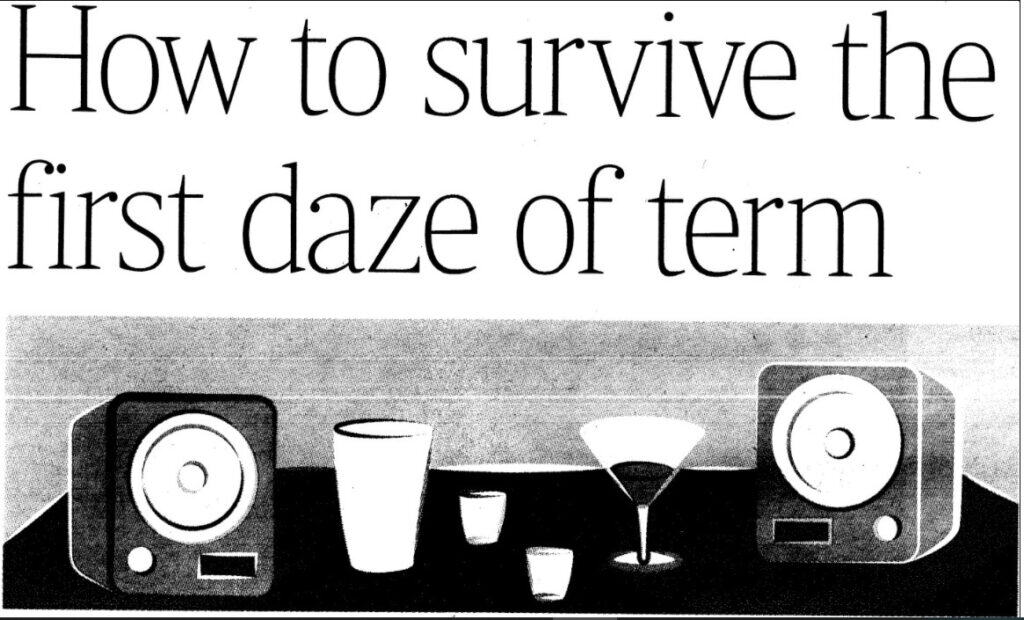
I think we’ve all had similar experiences – such as that awkward moment when you realise you don’t know the difference between washing detergent and fabric softener. University is, for many, when you need to start “adulting” for the first time. The kiddie wheels are gone, folks! Thrown into the deep end of the pool, it’s unsurprising that so many students experience anxiety at some point. Compound all this with the numerous challenges the pandemic has thrown at students, such as the closure of university libraries, and it’s easy to find yourself going under.

Getting to grips with online resources
All the essays I submitted in the first semester last year (before COVID struck) were written almost exclusively using physical books, and absolutely zero online articles. Even when I found myself exploring online databases, I’d spend hours pulling my hair out trying to find what I wanted. One of my professors taught us how to essentially type a string of code into the search bar to narrow down the results, but one forgotten space or quotation mark and suddenly the results were even broader and more confusing than before! Since discovering Gale, though, I’ve started using the filters in the Advanced Search function. I know my poor hair is thanking me!
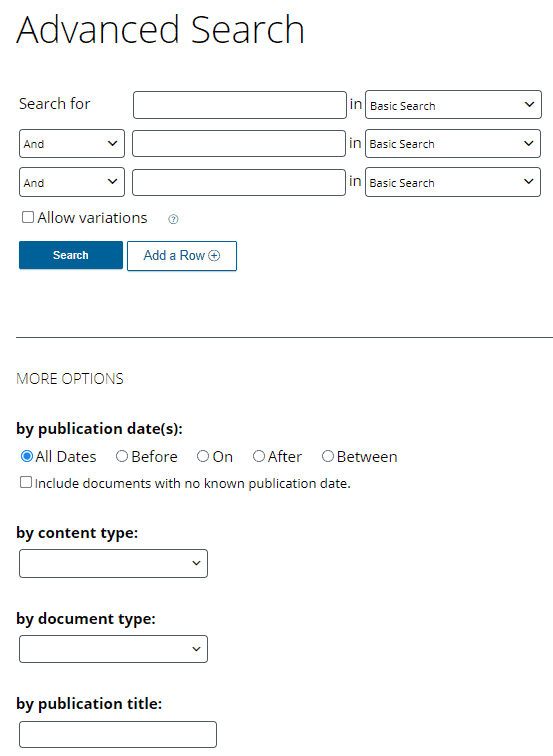
Even with that problem sorted, it can be hard to relax. With deadlines piling up and tensions rising as we’re confined with family, roommates, or the mirror, many of us having experienced high levels of stress. There are numerous articles in Gale’s archives discussing the negative impact of stress, many of which associate stress with mental health issues such as anxiety and depression. This article, for example, from The Times in 1996, is titled “Far-reaching effects of stress”.
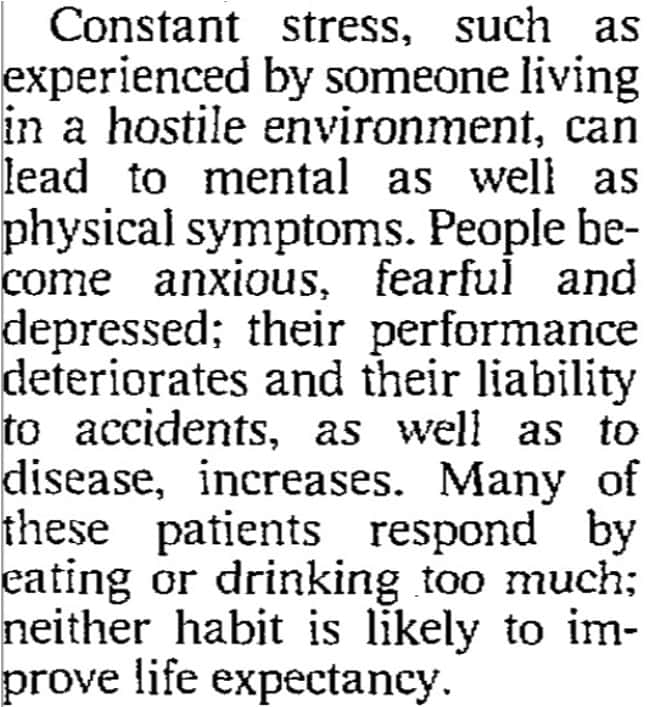
There are also articles exploring the effects of isolation, and apparent merging of the days, upon our mental state, such as this article from 1962 which covers a story in which a scientist sought to “study the effects of losing count of time”. Whilst we may not have been “camping along on a glacier 400ft down the Scarasson pothole in the Maritime Alps,” many of us have felt time passing in disconcerting ways in the difficult days of 2020. All this stress, compounded with the days merging into one, clearly isn’t good for us. We could all do with some extra support this year. So, what can we do? What kind of supports are available to us?

Animal Therapy
Well, if you have a pet you may be in luck. This article finds that animal therapy can help with depression and reduce blood pressure. If you feel a bit down, try spending some time with your favourite furry friend. “What if I don’t happen to have a companion animal on hand?” I hear you ask. Worry not, one (very prophetic) article calls human contact the “new luxury”. Don’t feel bad about taking an afternoon off to video call friends and shoot the breeze for a bit. You deserve it.
Student societies
It’s always good to make new friends as well, or just hang out with people who share the same interests as you. This is where one very good aspect of higher education comes in: the student society. This is a particularly great way for First Year students to meet new people, but students at all stages of their degree participate. The exact offerings will depend on your university, but you can be sure there’ll be something fun for you to join. Societies usually host events like concerts, give out free food, and organise lots of other activities. In the current climate they’re likely operating entirely online. They may have a group on social media you can join or send out emails with Zoom invite links. Your university website should have details on how to get in contact with them. (Click here to check out how my fellow ambassador even used Gale Primary Sources to explore the history of her student society, the Oxford University Labour Club!)
Coping with mental health difficulties
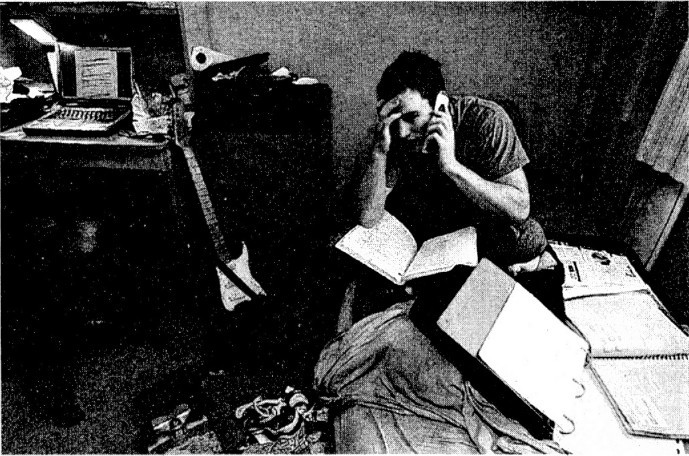
Universities are no strangers to students with mental health difficulties. The good thing about this is that your university undoubtedly has something in place to help you, be it a counselling service, a student health department that can refer you to a psychologist, or a list of online resources. It’s also important that besides knowing where to go, you also know there is nothing to be ashamed of. Around a third of 16 to 24 year olds experience some mental health difficulty – that’s one in three. Reach out. Don’t worry about the severity of your problems – no matter how small it may seem, it’s still important. Avail yourself of all the support available, these resources are there to be used.
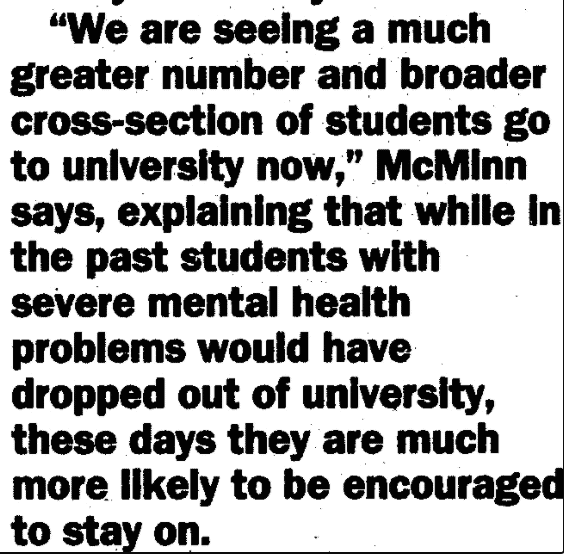
The key thing to remember is to look after yourself. Make sure to eat regularly and stay hydrated, and take a break if things are getting too much. Email a professor if you need an extension on assignments. Spend time doing the things you love. Consider investing in a stress ball for your desk. It will get better.
If you found this post about coping with anxiety at university useful, check out other posts by students such as ‘How I Survived Studying in Lockdown’ or these Study Tips which include how primary source archives can be used for creativity and self-care.

